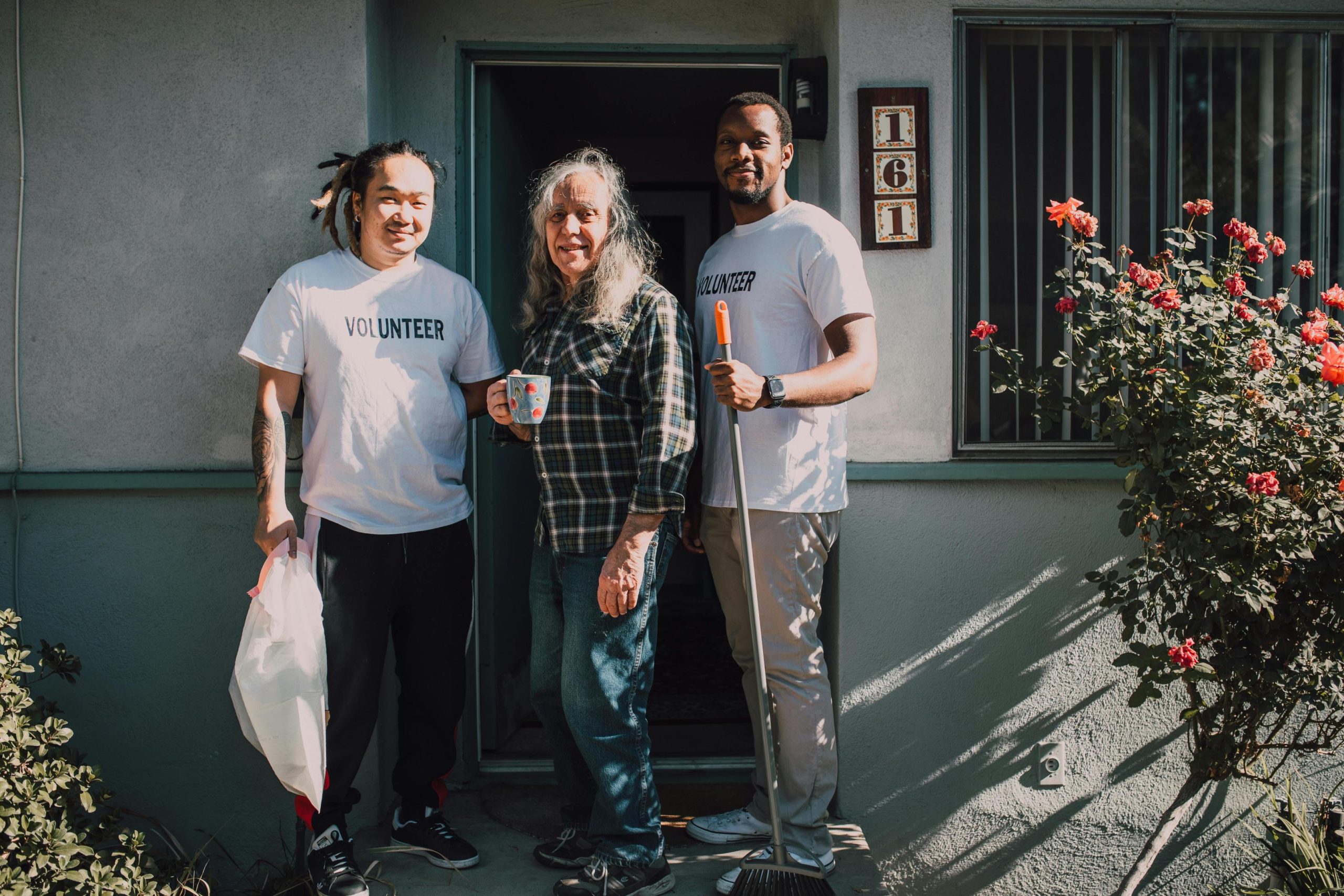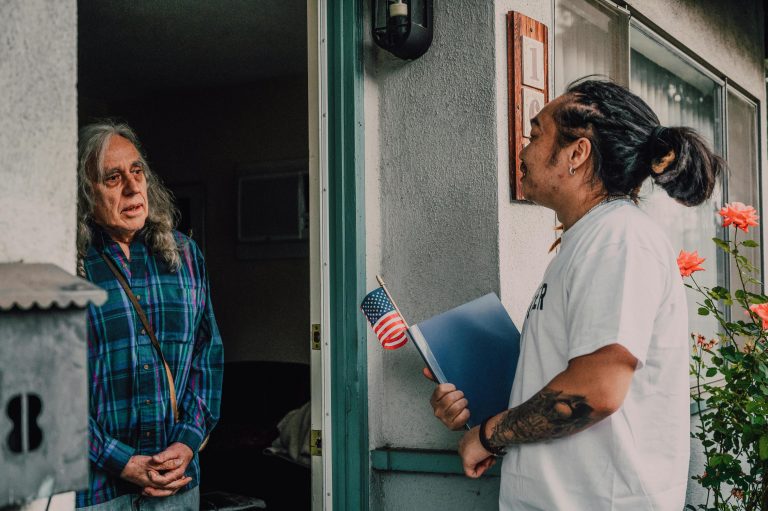Can You Refuse to Join a Homeowners Association? A Comprehensive Guide
When purchasing a home, especially in a planned community or subdivision, you may encounter a homeowners association (HOA). These organizations are established to manage and maintain common areas and enforce rules that govern the community. HOAs often have a significant influence on residents’ day-to-day lives, regulating everything from landscaping to exterior home modifications. While some homeowners appreciate the benefits of an HOA, others may see it as an unnecessary restriction. The question arises: Can you refuse to join a homeowners association?
In this article, we will explore the legal, practical, and financial aspects of joining or refusing to join a homeowners association, providing you with a clear understanding of your rights and options.
What Is a Homeowners Association (HOA)?
A homeowners association (HOA) is a governing body within a community, typically a subdivision, condominium complex, or planned unit development (PUD). The HOA is responsible for enforcing the community’s rules, maintaining shared spaces, and managing amenities. It is usually run by a board of directors elected by the residents and funded through mandatory fees or dues paid by homeowners.
HOAs can enforce rules that affect:
- Property appearance (landscaping, paint colors, fencing, etc.)
- Use of shared amenities (pools, gyms, parks)
- Home modifications (adding structures, changing windows, etc.)
- Parking and noise regulations
- Pets and animal restrictions
In exchange for these rules, HOAs typically offer services such as maintenance of common areas, security, and community events. While some homeowners find these regulations beneficial for maintaining property values, others see them as a burden that infringes on personal freedoms.
Types of HOAs
There are two main types of HOAs:
- Mandatory HOA: In many communities, joining the HOA is mandatory, and the terms are written into the property’s deed. If you purchase a home in such a community, you are automatically a member of the HOA.
- Voluntary HOA: Some communities have voluntary HOAs, meaning you can choose whether or not to join. These are less common but do exist, often in older or more rural neighborhoods.
The Role of Covenants, Conditions, and Restrictions (CC&Rs)
Most HOAs operate under a legal document called Covenants, Conditions, and Restrictions (CC&Rs). This document outlines the rules and regulations that homeowners in the community must follow. When purchasing a home in an HOA-governed community, you agree to abide by the CC&Rs, which are often attached to the property deed. The CC&Rs typically make HOA membership and compliance with its rules a binding legal obligation.
Can You Refuse to Join a Homeowners Association?

The answer to whether you can refuse to join a homeowners association largely depends on whether the HOA is mandatory or voluntary. Let’s explore both scenarios:
Refusing to Join a Mandatory HOA
If you are purchasing a home in a community with a mandatory HOA, the short answer is no, you cannot refuse to join the association. When you buy a home in a community governed by a mandatory HOA, membership is typically automatic, and you agree to the HOA’s rules and fees when you close on the property. The HOA is written into the legal framework of the community, and refusal to comply can result in legal and financial consequences.
Legal Consequences of Refusing to Join a Mandatory HOA
If you refuse to join or pay HOA fees in a mandatory HOA community, the association can take legal action against you. These actions may include:
- Fines: The HOA may impose fines for non-compliance with its rules or failure to pay dues.
- Liens: The HOA can place a lien on your property for unpaid dues or fines, which could make it difficult to sell your home.
- Foreclosure: In extreme cases, some states allow HOAs to foreclose on a property if dues and fines remain unpaid for an extended period.
It’s important to understand that when you purchase a home in a mandatory HOA community, you are entering into a legally binding contract. Refusing to comply with the HOA’s rules or refusing to join is not typically an option, as it could result in serious financial and legal ramifications.
Refusing to Join a Voluntary HOA
In communities with a voluntary HOA, you have the choice to join or opt-out of the association. Voluntary HOAs are not tied to the deed of the property, meaning homeowners are not legally obligated to join or pay dues. If you choose not to join a voluntary HOA, you are not subject to the association’s rules or fees, but you may not have access to certain community amenities or services.
Pros and Cons of Refusing a Voluntary HOA
If you live in a community with a voluntary HOA, there are pros and cons to refusing membership:
Pros of Refusing a Voluntary HOA:
- No Fees: You won’t have to pay HOA dues, which can save you hundreds or even thousands of dollars each year.
- More Autonomy: You won’t be subject to the HOA’s rules about property appearance or modifications, allowing you more freedom in how you manage your home.
- No HOA Penalties: Since you’re not part of the HOA, you won’t face fines or penalties for non-compliance.
Cons of Refusing a Voluntary HOA:
- Limited Access to Amenities: If the community offers shared amenities like pools, parks, or tennis courts, you may not have access if you’re not a member of the HOA.
- Property Value Impact: In some cases, HOAs help maintain property values by enforcing community standards. By opting out, you may miss out on this benefit.
- Lack of Community Influence: As a non-member, you won’t have a voice in community decisions, such as budget allocations, rule changes, or improvements to shared spaces.
Can You Leave an HOA After Joining?
Leaving an HOA after you’ve already joined or bought a home in an HOA-governed community can be difficult, especially if the HOA is mandatory. Here are a few scenarios where leaving or dissolving an HOA may be possible:
Selling Your Home
One of the simplest ways to “leave” an HOA is to sell your home. Once you sell the property, you are no longer subject to the HOA’s rules or fees. However, you should disclose the existence of the HOA to potential buyers, as they will be bound by the HOA upon purchasing the home.
Dissolving the HOA
In rare cases, residents can vote to dissolve the HOA. This process typically requires a majority or supermajority of homeowners to agree to disband the HOA. However, this is often a complex legal process, and it may be difficult to achieve consensus among homeowners. Additionally, the community would need a plan to maintain common areas and amenities if the HOA is dissolved.
Legal Challenges
In some cases, homeowners may attempt to challenge the legality of an HOA or certain rules within the HOA. However, these legal battles can be costly and time-consuming, with no guarantee of success. Courts typically uphold the authority of HOAs, especially when the rules and regulations are clearly stated in the CC&Rs.
Pros and Cons of Living in an HOA Community
Before deciding whether to live in an HOA community or refuse membership in a voluntary HOA, it’s important to weigh the pros and cons.
Pros of Living in an HOA Community:
- Maintenance of Common Areas: HOAs ensure that parks, pools, and other shared spaces are well-maintained, which can enhance the neighborhood’s appeal.
- Higher Property Values: Communities with well-enforced rules and standards often have higher property values due to the consistent upkeep and aesthetic appeal.
- Amenities: Many HOAs provide access to amenities such as clubhouses, fitness centers, and recreational facilities that homeowners might not otherwise afford.
- Community Engagement: HOAs often organize events and create opportunities for residents to engage with each other, fostering a sense of community.
Cons of Living in an HOA Community:
- Fees: HOA fees can be expensive, especially if the community has high-end amenities or extensive common areas.
- Restrictions: HOAs often have strict rules about home modifications, landscaping, and even the types of vehicles you can park on your property, which can feel restrictive.
- Fines and Penalties: Non-compliance with HOA rules can result in fines, and the HOA can take legal action if dues are not paid.
- Board Disagreements: HOAs are run by a board of directors, and disagreements with board members over community decisions can lead to frustration or tension.
Conclusion: Can You Refuse to Join an HOA?
In most cases, you cannot refuse to join a mandatory HOA if you are purchasing a home in a community where the HOA is required. You are automatically enrolled when you buy the property, and you are legally bound by the association’s rules and regulations. Refusing to join or comply with the HOA could lead to legal and financial consequences.
However, in communities with voluntary HOAs, you have the option to opt out of membership. While this can save you money and give you more freedom, it also means you may miss out on amenities and the potential for property value preservation that an HOA can provide.
Before purchasing a home in an HOA-governed community, it’s essential to thoroughly review the CC&Rs and understand the long-term obligations associated with the HOA. If you’re not comfortable with the idea of living under an HOA’s

